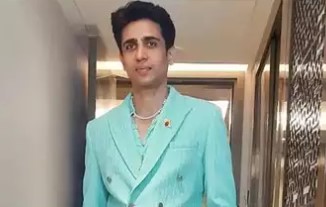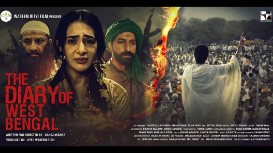Actor Gulshan Devaiah has shared his unique perspective on the Bollywood industry and his personal journey. The actor, celebrated for his roles in films like Goliyon ki Raasleela: Ram-Leela, Hunterrr, and Bad Cop, discussed the notion of nepotism and his experience as an outsider in Bollywood.
“Nepotism is a privilege,” he remarked. “Everybody has the privilege. What was my privilege? I studied in a private school. My parents’ house is not running on my money. I am the only child. My mother is sick. So my parents never said, don’t go. What will happen to us? Stay. Who will take care of us? They never said. This is my privilege.”
Devaiah touched on the understanding and opportunities that some privileged individuals might have regarding the industry’s workings.
“Some people have the privilege of having access and knowledge of how this industry works. No matter how many opportunities you give to someone, if the audience doesn’t like you, if your films are not working, there are many people from privileged backgrounds who are not successful as actors or directors,” he said.
He highlighted Shah Rukh Khan as a prime example of an outsider, who achieved monumental success despite starting with nothing.
Reflecting on his own career, Devaiah mentioned about his focus on interesting roles rather than traditional hero or villain parts.
“I do the character that I find interesting,” he explained. “My most popular film is Hunterrr. Many people who worked with me on that film are still my friends. Next year, Hunterrr will complete 10 years, and we’re planning to visit Pune, where it was shot. The film has given me significant brand value.”
Currently, Devaiah is garnering acclaim for his role in Ulajh, an espionage thriller produced by Junglee Pictures. Starring alongside Janhvi Kapoor and Roshan Mathew, Devaiah plays a mysterious undercover agent, adding to the film’s suspense.
Ulajh follows Kapoor as Suhana Bhatia, the youngest Deputy High Commissioner, who tackles a complex mission in London. The film also features Adil Hussain, Meiyang Chang, Rajendra Gupta, and Jitendra Joshi, with dialogues by Atika Chauhan and a script by Saria and Parveez Shaikh.















